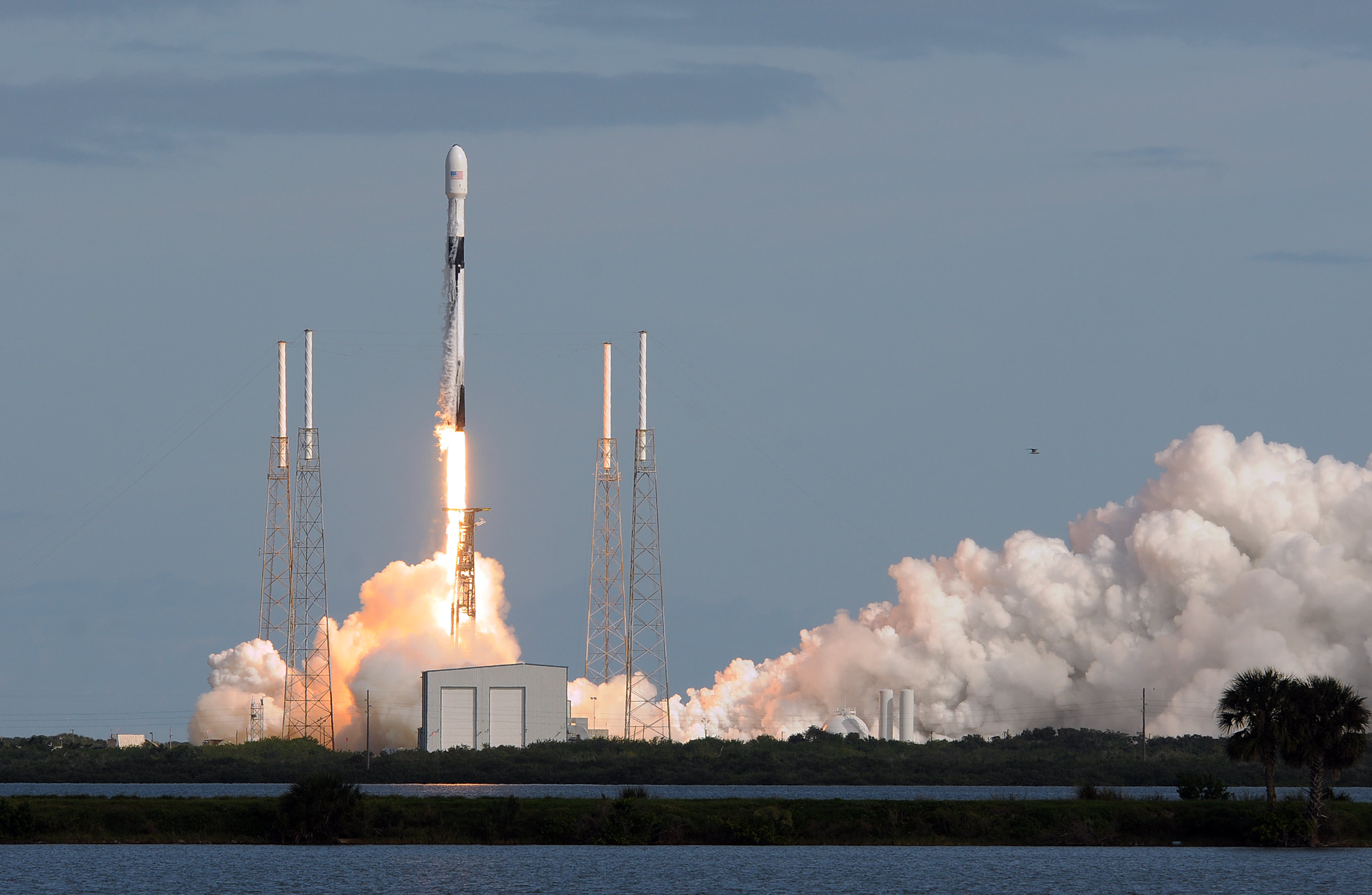This post was originally published on this site

A SpaceX Falcon 9 rocket lifts off from Cape Canaveral Air Force Station carrying 60 Starlink satellites on November 11, 2019 in Cape Canaveral, Florida. The Starlink constellation will eventually consist of thousands of satellites designed to provide world wide high-speed internet service.
Paul Hennessy | NurPhoto | Getty Images
SpaceX is considering spinning off its Starlink satellite business and taking it public in the next several years, CNBC confirmed on Thursday.
The move would take the fledgling satellite division of Elon Musk’s space company and stand it up as a separate company through an initial public stock offering. SpaceX President and COO Gwynne Shotwell announced the company’s thinking while speaking to a group of investors in Miami, Bloomberg reported earlier.
“Right now, we are a private company, but Starlink is the right kind of business that we can go ahead and take public,” Shotwell reportedly said. “That particular piece is an element of the business that we are likely to spin out and go public.”
Starlink is SpaceX’s plan to build an interconnected network of about 12,000 small satellites, to provide high-speed internet to anywhere in the world.
It’s a project for which SpaceX has been steadily raising capital, as Shotwell said two years ago “it will cost the company about $10 billion or more” to build the Starlink network. Last year, SpaceX raised over $1.3 billion in new funding, with recent investor Ontario Teachers noting the future growth potential of Starlink.
If SpaceX can overcome the technological challenges of building and distributing this service, the company is optimistic on its potential demand and revenue. SpaceX CEO Elon Musk in May told reporters that Starlink could bring in revenue of $30 billion a year – or about 10 times the highest annual revenue it expects from its core rocket business.
SpaceX as a whole to stay private until reaching Mars
Musk’s distaste for the public stock market has meant SpaceX has remained private for nearly two decades. SpaceX shareholders have told CNBC previously that they expect the company would eventually list its stock publicly, even if that meant waiting a long time. Shotwell in 2018 said that SpaceX as a whole “can’t go public until we’re flying regularly to Mars.”
But SpaceX has become one of the world’s valuable private companies, valued at over $33.3 billion, while its stock is one of the most sought after by private investors. Demand for SpaceX shares is so high that analysis group Equidate said the company has “an unlimited amount of funding” it could access from the private markets. SpaceX has steadily raised private funding as needed, while using the high demand as leverage to be “very pick about who invests,” Shotwell has said.




